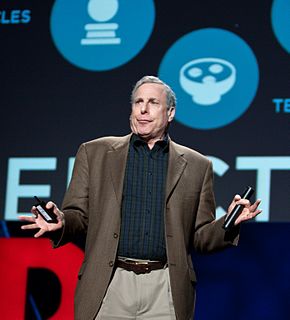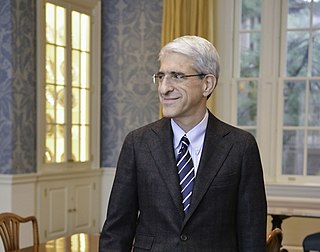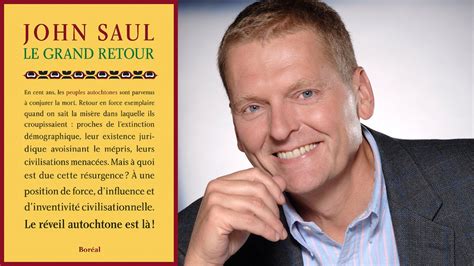A Quote by Bruce Bueno de Mesquita
Pretty much, you point to a problem and good reasoning about why people are doing what they are doing and what constraints they face in terms of how others will behave, and you're looking at a problem that could be improved upon by game-theoretic reasoning.
Related Quotes
The problem facing humanity today is not a political problem; it's not a financial problem; it's not a military problem. It's obviously a spiritual problem. That is, it has to do with what we believe to be true about who we are, where we are, why we are where we are, and what are we doing on the Earth. What is the purpose of life itself? What we need right now are leaders or models, people who will stand up and not only help to write a cultural story, but help to model it in the way that they interact with each other.
You can teach people specific reasoning, such as how to fly a kite or build a wheel. General reasoning cannot be imparted upon people, particularly if they like things the way they are - meaning, if their reactions are very simple. The reason most people behave badly or poorly is because they only understand simple things.
The deep paradox uncovered by AI research: the only way to deal efficiently with very complex problems is to move away from pure logic.... Most of the time, reaching the right decision requires little reasoning.... Expert systems are, thus, not about reasoning: they are about knowing.... Reasoning takes time, so we try to do it as seldom as possible. Instead we store the results of our reasoning for later reference.
We have a violence problem in America. And no one is having a debate about the violence problem. And I think this is a missed opportunity to have an honest and open conversation in this country about why these horrifying things are happening, not simply what they're using to carry this out, but why are people doing this to begin with?
It is difficult to distinguish deduction from what in other circumstances is called problem-solving. And concept learning, inference, and reasoning by analogy are all instances of inductive reasoning. (Detectives typically induce, rather than deduce.) None of these things can be done separately from each other, or from anything else. They are pseudo-categories.
Look at the weaknesses of others with compassion, not accusation. It's not what they're not doing or should be doing that's the issue. The issue is your own chosen response to the situation and what you should be doing. If you start to think the problem is "out there," stop yourself. That thought is the problem.
We understand what the difference is between what we understand and what the community understands about what we're doing because they have supported us long enough for me to stay out here, while other people who are doing other things have not. A lot of people have trouble pinning down what it is we do and how. But we don't have any trouble with that. As long as that's their problem, it's their problem.

































